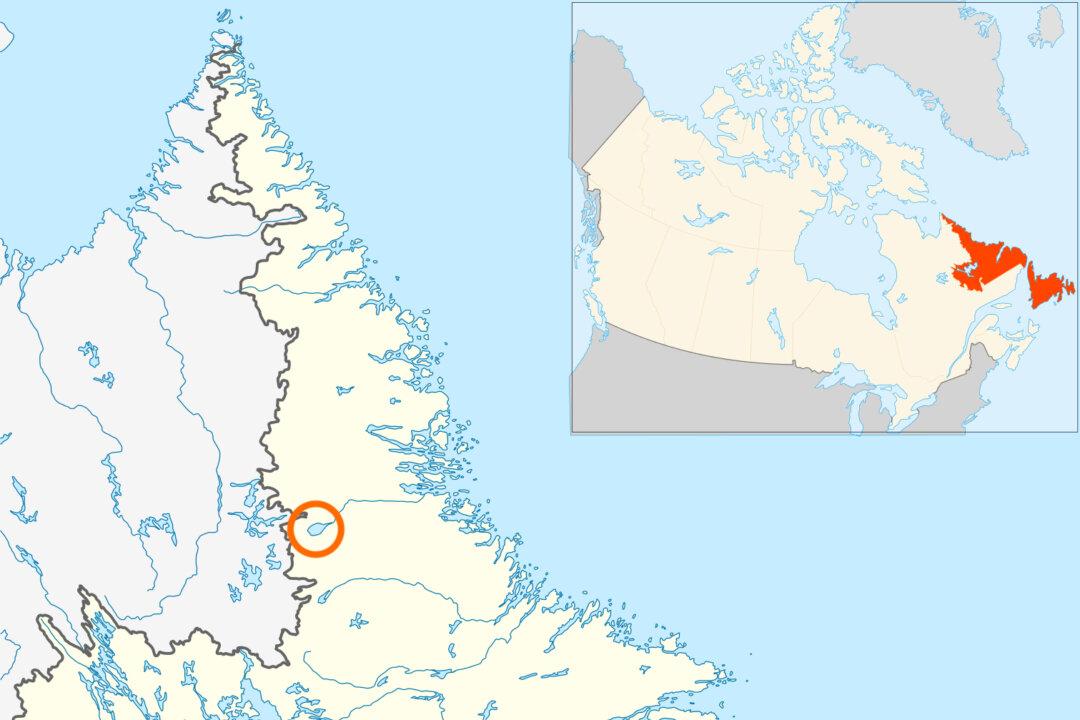VANCOUVER, Canada—Huawei’s CFO Meng Wanzhou has been granted bail after her three-day bail hearing concluded on Dec. 11 in a Vancouver court.
In his decision, the judge said that Meng is a “well-educated businesswoman with no criminal records.” He said he is satisfied that Meng has only two valid passports, and that she will surrender all her other ones.




